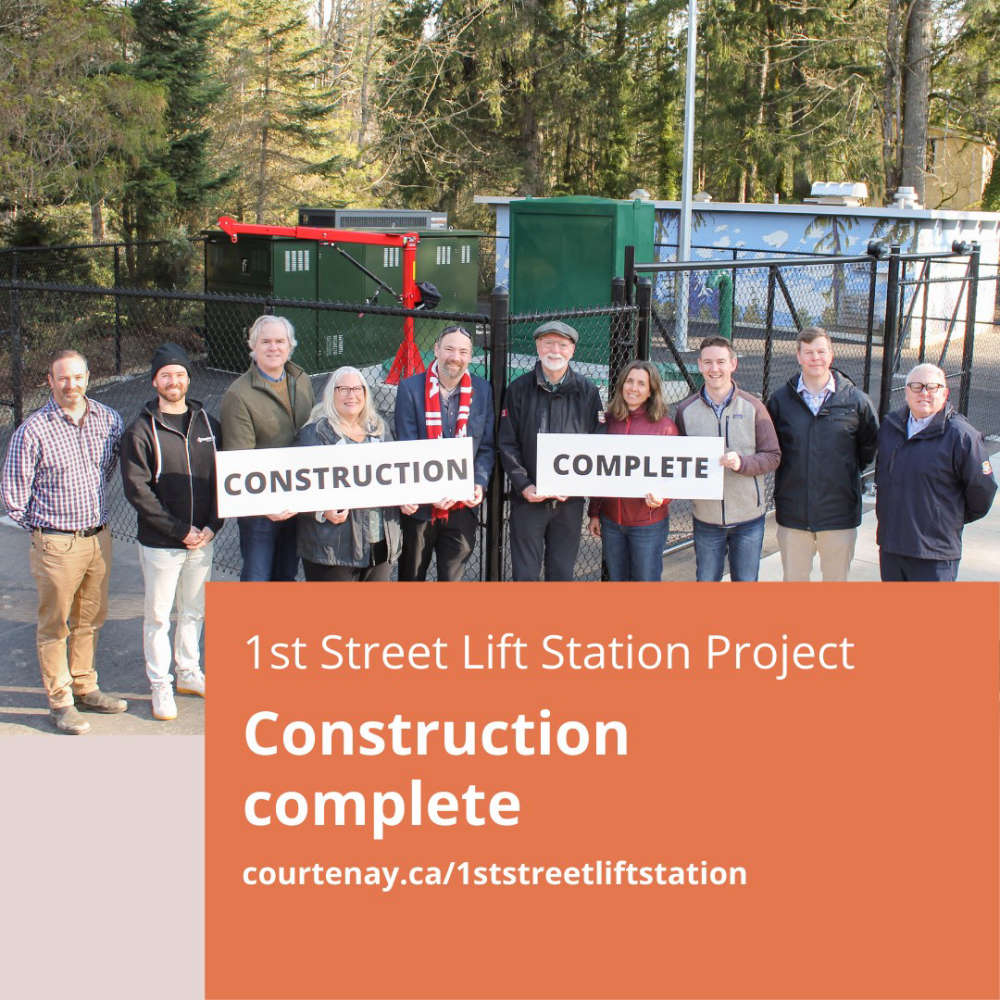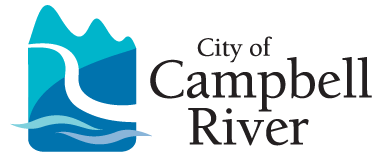
The BC Government says people in the province are helping its biosimilars initiative, with cost savings increasing and being reinvested into BC PharmaCare.
“We are focused on reducing pharmaceutical costs to ensure people in B.C. have a sustainable health-care system now and in the future, and our biosimilar initiative continues to do just that,” said Adrian Dix, Minister of Health.
“Since our province led the country with the use of biosimilars in 2019, thousands of people have switched to a biosimilar, saving money and allowing us to expand our BC PharmaCare program and coverage further.”
Over the first five years of the initiative, the Province says it saved $732 million, thanks to people transitioning to biosimilars, which are highly similar versions of high-cost biologic drugs used to treat health concerns, such as diabetes, inflammatory conditions and certain cancers.
A big chunk of that - more than $226-million - was saved between 2023-2024, which the province says is reinvested into BC PharmaCare for the coverage expansion of other drugs and medical devices.
That includes providing coverage for continuous and flash glucose monitors, improving access to inhalers for chronic obstructive pulmonary disease, adding more diabetes and heart drugs, as well as meds to treat cystic fibrosis, and ADHD medications for patients older than 19.
Monitoring of effectiveness and safety, including physician visits, emergency room visits, hospitalizations and use of other medications have shown that people who switched from a reference biologic to a biosimilar had the same health outcomes as those who were on reference biologics in the past.
In 2019, BC PharmaCare led Canada in launching the biosimilars initiative. Since then, more than 40,000 people in B.C. have switched to a biosimilar and as of 2024, 11 jurisdictions in Canada have implemented similar biosimilar initiatives.
To learn more, visit Government of British Columbia.

 Courtenay Celebrates Completion Of 1st Street Lift Station
Courtenay Celebrates Completion Of 1st Street Lift Station
 New Climbing Boulder At No.6 Mine Park Now Open In Cumberland
New Climbing Boulder At No.6 Mine Park Now Open In Cumberland
 Full Road Closure On Dogwood Street Thursday
Full Road Closure On Dogwood Street Thursday
 Accessibility Improvements For Campbell River Airport
Accessibility Improvements For Campbell River Airport
 City Of Campbell River’s Looking For Input On Official Community Plan
City Of Campbell River’s Looking For Input On Official Community Plan
